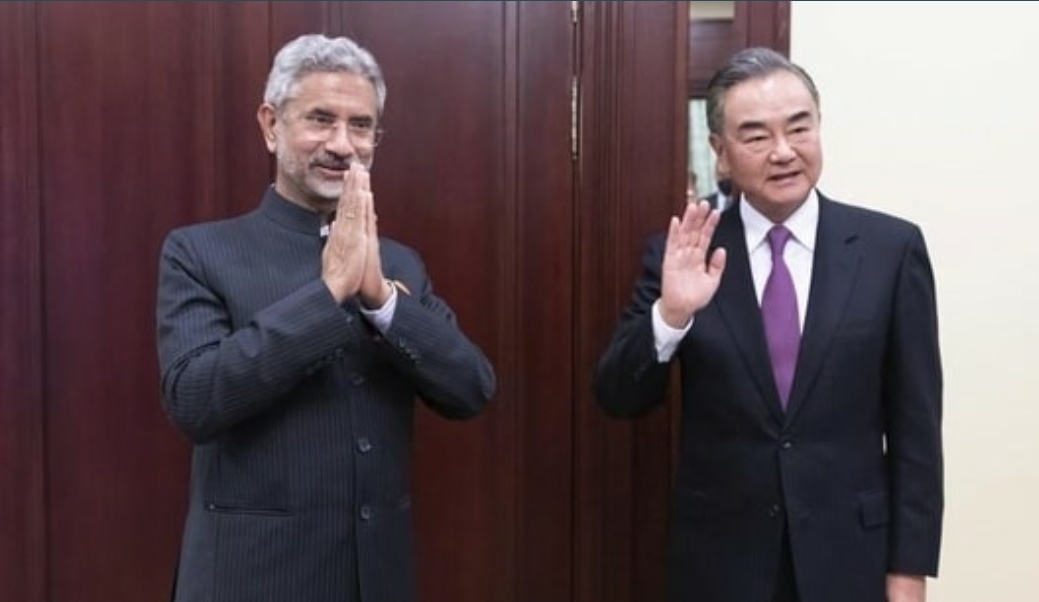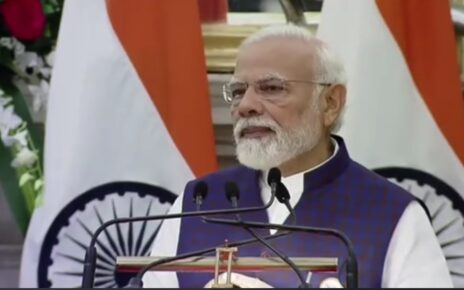India and a host of other countries – under the umbrella of BIMSTEC – are set to formalise a relationship to cooperate on energy, maritime security port facilities, ferry services, coastal shipping, and grid connectivity movement of motor vehicles movement.
At 18th ministerial meeting of the BIMSTEC (Bay of Bengal Initiative for Multi-Sectoral Technical and Economic Cooperation) in Colombo on Tuesday, External Affairs Minister S Jaishankar listed out what all would be inked on Wednesday when the leaders hold the summit. Besides India, Bangladesh, Myanmar, Thailand, Nepal and Bhutan are members of the BIMSTEC.
“Tomorrow, our leaders will adopt the BIMSTEC Charter. This is a landmark achievement in our effort to develop the institutional architecture for BIMSTEC,” Jaishankar said.The BIMSTEC Master Plan for Transport Connectivity will be a document framework which can help align our transportation and connectivity networks. It will enable the “establishment of a coastal shipping eco system, of port facilities, of ferry services in the Bay of Bengal, as also power grid interconnectivity and a regional motor vehicles agreement,” the Indian minister said.
At the meeting, Jaishankar said the BIMSTEC must accelerate efforts to boost intra trade and economic ties. The development of a network of regional supply and value chains will reduce vulnerability to external shocks and give economies greater resilience and transparency. “This requires us to accelerate cooperation that has been under discussion for long. Simultaneously, we must also work on a more ambitious trade facilitation agenda,” he suggested.The international system, the Indian minister said, was going through a challenging phase, perhaps one of the most difficult in recent memory. The challenges of Covid pandemic have not yet fully abated. But recent developments in Ukraine have added to international disquiet.“We have all underscored that the maintenance of international peace and security, and even stability can no longer be taken for granted. We must recognise that we face headwinds – both from the global economy and in some cases from within our own domestic economies,” he warned.“We cannot ignore the challenges that terrorism and violent extremism, as also transnational crime and narco-trafficking or indeed new challenges such as cyber-attacks pose to all of us,” Jaishankar added.




